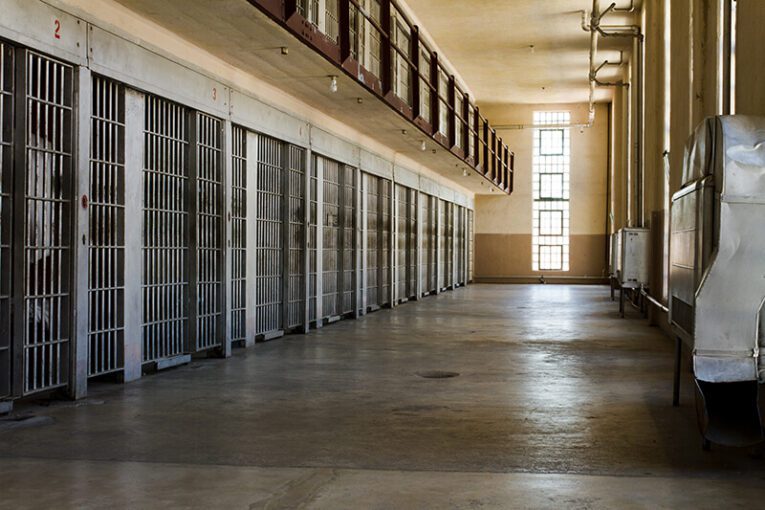
BLYTHE, CA –– California officially closed Chuckawalla Valley State Prison (CVSP) as of Nov. 1, and this decision provides the opportunity to reallocate prison funds towards community-based investments, according to a statement this week from Californians United for a Responsible Budget (CURB).
The closure is the third state-owned facility to shut its doors in the last four years.
“The closure of Chuckawalla Valley State Prison is an important step in the process of shifting away from punitive measures and toward reinvestment in the communities most affected by incarceration,” said Amber-Rose Howard, executive director of Californians United for a Responsible Budget (CURB).
“By closing prisons like Chuckawalla, we can reinvest in safety solutions centered in care, including mental health treatment, substance abuse programs, and job training outside of prison,” Howard continued in the CURB statement.
CURB stated that since opening in 1991, CVSP has held thousands of incarcerated individuals, with a significant impact on Blythe’s correctional infrastructure. The unexpected announcement of its closure led to abrupt transfer processes for those incarcerated at CVSP.
CURB added, during its operation, the prison faced many issues—one being the COVID-19 outbreaks that occurred linked to poor facility management. Also, the increasing number of empty prison beds in California contributed to the decision to close the facility.
It is also important to consider the recent passing of Proposition 36, CURB added, which changes the criteria for classifying theft and drug offenses as felonies for individuals with prior convictions. Prop. 36 could potentially increase the state’s prison population, but the closing of CVSP will “contribute to California’s recent low prison population.”
CVSP’s closure will also present an opportunity to revitalize the communities affected by prison closures. An example is the closure of the California Correctional Center in Susanville, CA., added CURB. The town received funding from the California Economic Revitalization Fund, demonstrating that prison closures present economic opportunities for the cities affected to invest in community development.
The closure of prisons, wrote CURB, allows state prison funds to be redirected to solutions that would benefit cities, such as mental health care, substance abuse treatment, and job training programs outside of prison.
Additionally, CURB adds, closure of CVSP will free approximately $100 million annually in state prison funds, noting if more inactive state prisons are closed it could also save California $1 billion annually, highlighting the financial incentive—and these funds could contribute to the economic growth of local economies through prioritizing social benefits instead of incarceration.